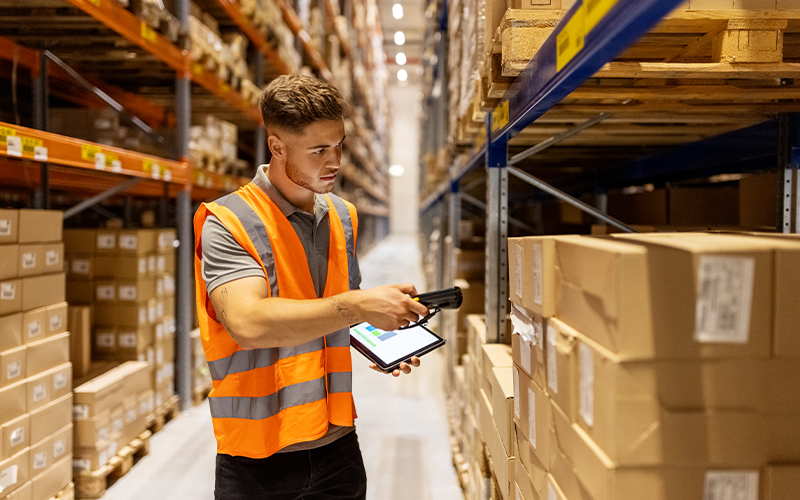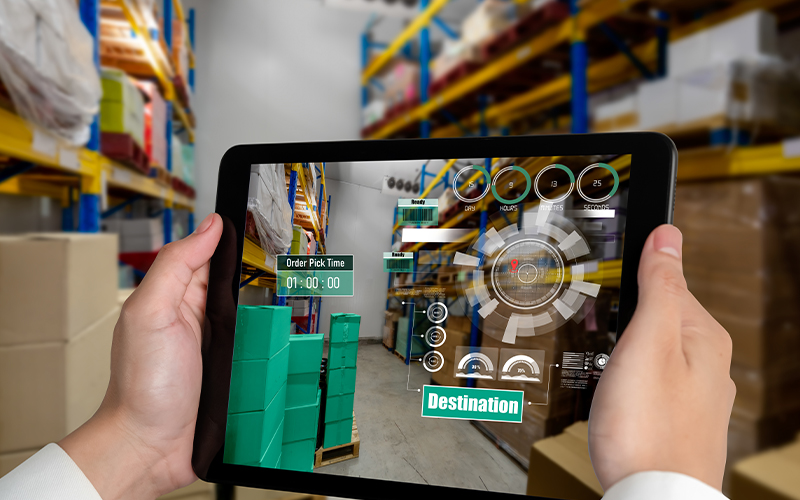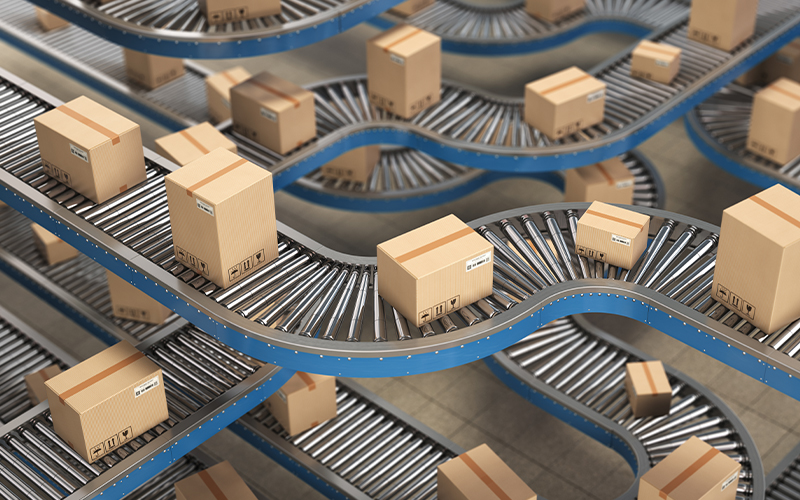In today's fast-paced consumer goods industry, the significance of trade marketing in bolstering retailer relationships cannot be overstated. At its core, trade marketing is about generating demand at the retailer level, rather than at the consumer level. Retailers are not just conduits for product distribution; they are key partners in a brand’s journey towards market dominance. Well-cultivated retailer relationships ensure enhanced shelf visibility, better in-store positioning and active participation in retailer-led promotional activities. In an industry where competition is fierce and shelf space is coveted, the ability to influence retailers' decisions in stocking, displaying and promoting products can become a game-changer.
How does trade marketing work?
A primary component of trade marketing is managing trade promotion services. These promotions are targeted at retailers and wholesalers with the goal of driving their interest and ensuring that they prioritise client products over competitors. By offering incentives like competitive pricing strategies, product bundling, loyalty incentives and innovative digital promotions, manufacturers can significantly boost the appeal of their products. This approach, however, requires a fine balance between offering enough to entice retailers and ensuring that the promotion remains profitable.
Data analytics plays a crucial role in this field of trade promotion services. They enable companies to tailor their strategies, ensuring that promotions are not only attractive to retailers but also resonate with the end consumer's demands and preferences. This data-centric approach further helps in meticulously planning the promotion calendar, aligning promotional activities with market trends, and evaluating the effectiveness of past promotions to refine future CPG strategy.
Another critical aspect of trade marketing is trade spend management services. These services involve monitoring and controlling funds, ensuring that resources are allocated wisely and the return on investment (ROI) is maximised. When CPG brands demonstrate responsible and transparent trade spend management, it builds confidence among retailers who appreciate working with brands that prioritise cost-effectiveness and mutual profitability.
How to use trade management to strengthen retailer relationships: Tips and strategies
- Plan collaboratively: Understand the retailer's customer base and sales trends and implement competitive pricing strategies that attract consumers. This collaboration will also help align promotional activities that benefit both parties.
- Manage inventory well: Streamline inventory management to ensure that products are consistently available on retailers' shelves thereby reducing out-of-stock instances and improving customer satisfaction.
- Be innovative: Stay ahead through innovative trade promotion techniques. This could involve digital marketing strategies, in-store displays or unique discount schemes. Trade spend management services are instrumental in optimising these promotional activities for maximum impact.
- Go digital: Collaborate with online retailers and platforms, utilise digital advertising and leverage e-commerce-specific promotions, along with offline trade marketing, to create a cohesive consumer experience and maintain competitiveness in both the physical and digital retail landscapes.
- Personalise strategies: Understand that each retailer is unique, and a one-size-fits-all CPG strategy may not be effective. While one retailer may have a customer base of a younger population that prefers online shopping, another may attract customers that still prefer the traditional shopping approach. Personalised trade promotion services, tailored to the specific needs and customer base of each retailer, can significantly enhance the effectiveness of these marketing efforts.
- Train and develop: Provide training and support to the retailer’s staff to increase product knowledge and enhance sales. This also fosters a deeper relationship with the retailers, as they perceive the brand as a partner in their growth.
- Communicate effectively: Maintain regular communication and stay open to feedback. This not only aids in measuring the effectiveness of strategies but also allows for timely adjustments based on retailer and consumer feedback.
Looking ahead
The future of trade marketing in the CPG industry looks promising, with a focus on innovation and technological advancements. Artificial intelligence (AI) and machine learning (ML) are set to play a pivotal role in predictive analytics for trade promotions, enabling companies to anticipate market trends and consumer preferences more accurately. Additionally, the integration of blockchain technology could revolutionise trade spend management by enhancing transparency and efficiency in transactions between manufacturers and retailers.
In summary, trade marketing is not just about selling a product; it's about building a partnership that drives mutual growth. By effectively managing trade promotion services and adopting a consumer-centric approach, CPG companies can strengthen retailer relationships and pave the way for sustained growth in a competitive marketplace.
How can Infosys BPM help?
Infosys BPM offers a comprehensive suite of trade promotion services tailored for the consumer packaged goods (CPG) industry. Our approach includes a blend of business process consulting, technology implementation and analytics advisory. By integrating advanced analytics and digital technologies, we help CPG businesses optimise their trade promotion strategies, ensuring maximum return on investment (ROI) and effectiveness.









